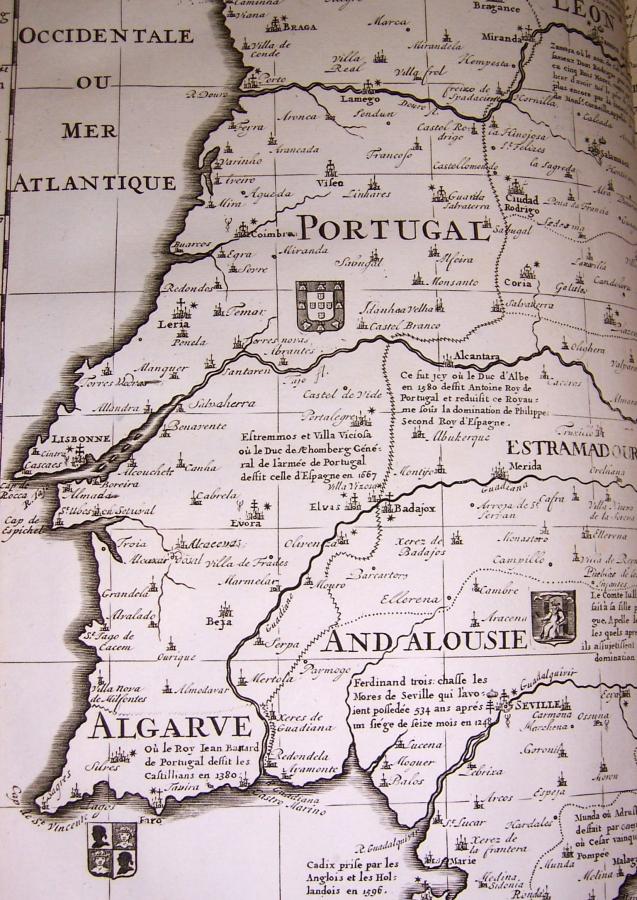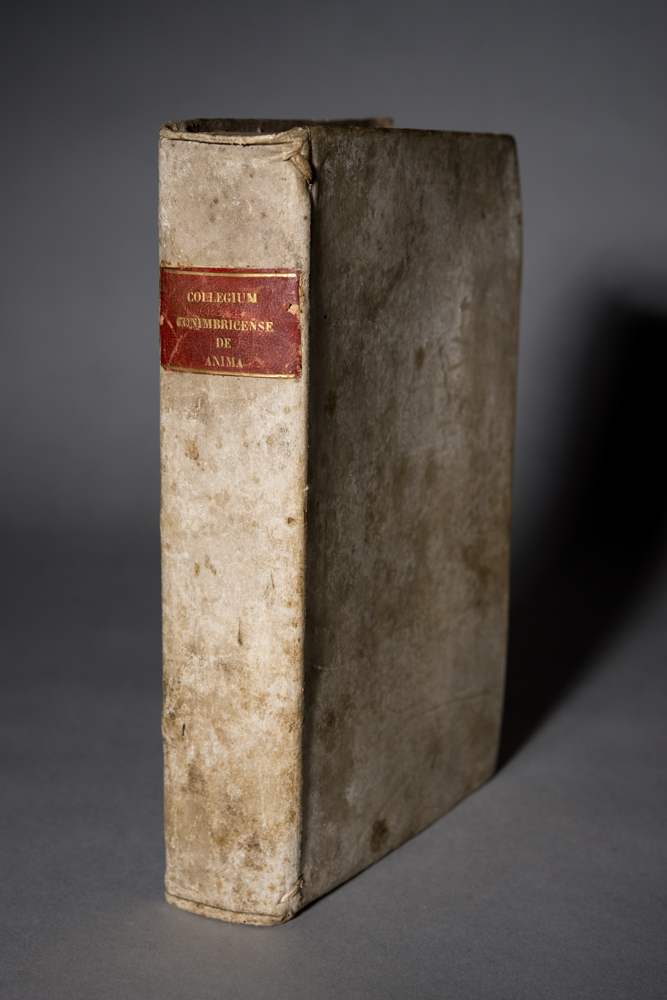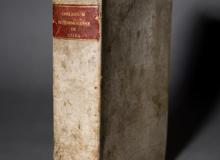Coimbra



Under the terms of the Treaty of Tordesillas, signed in 1494 between the Spanish and Portuguese crowns, the ‘new world’ was divided between the two of them. Thus, Portugal had the right of exploration to the east of Africa while Spanish vessels journeyed west across the Atlantic. Until the rise of Dutch and British east India trading companies and the defeat of the Spanish Armada in the latter part of the sixteenth century, Portuguese and Spanish traders had a monopoly over the maritime routes into East Asia and the riches that could be bought there.
During this time, Portugal established its maritime empire through the use of fortresses built at strategic points along the coastlines of Africa, India and then wherever it could gain a foothold in Southeast Asia. This saw the rise in importance of such ports as Mozambique, Goa and Macau. Traders and missionaries who sailed out to Asia had to use Portuguese vessels and travel as part of the East Indies treasure flotilla. This meant both waiting for the creation of these fleets and for the favorable sailing season to begin.
During this period of waiting, Jesuits who were to work as missionaries throughout Asia – from Goa to Nagasaki and all places in-between – would continue their studies at the center of learning at Coimbra. Many of them had already begun their studies in other parts of Europe, as for instance at the famous Roman College, but now, in order not to miss the departure of the fleet they massed at the College of Coimbra and awaited their order to depart. They made good use of their time, engaged in the essential studies that would enable them to be both missionaries and men of learning.
Related Items

The life of Jesuit missionary Matteo Ricci (1552-1610) has continued to attract academic interest. He was greatly helped by his Chinese friends.

Translation of Aristotelian concepts into Chinese
Jesuits studied philosophy and theology, and utilized the ancient classics. The textbook of Aristotelian teachings, used especially at Coimbra, was later translated into Chinese.

